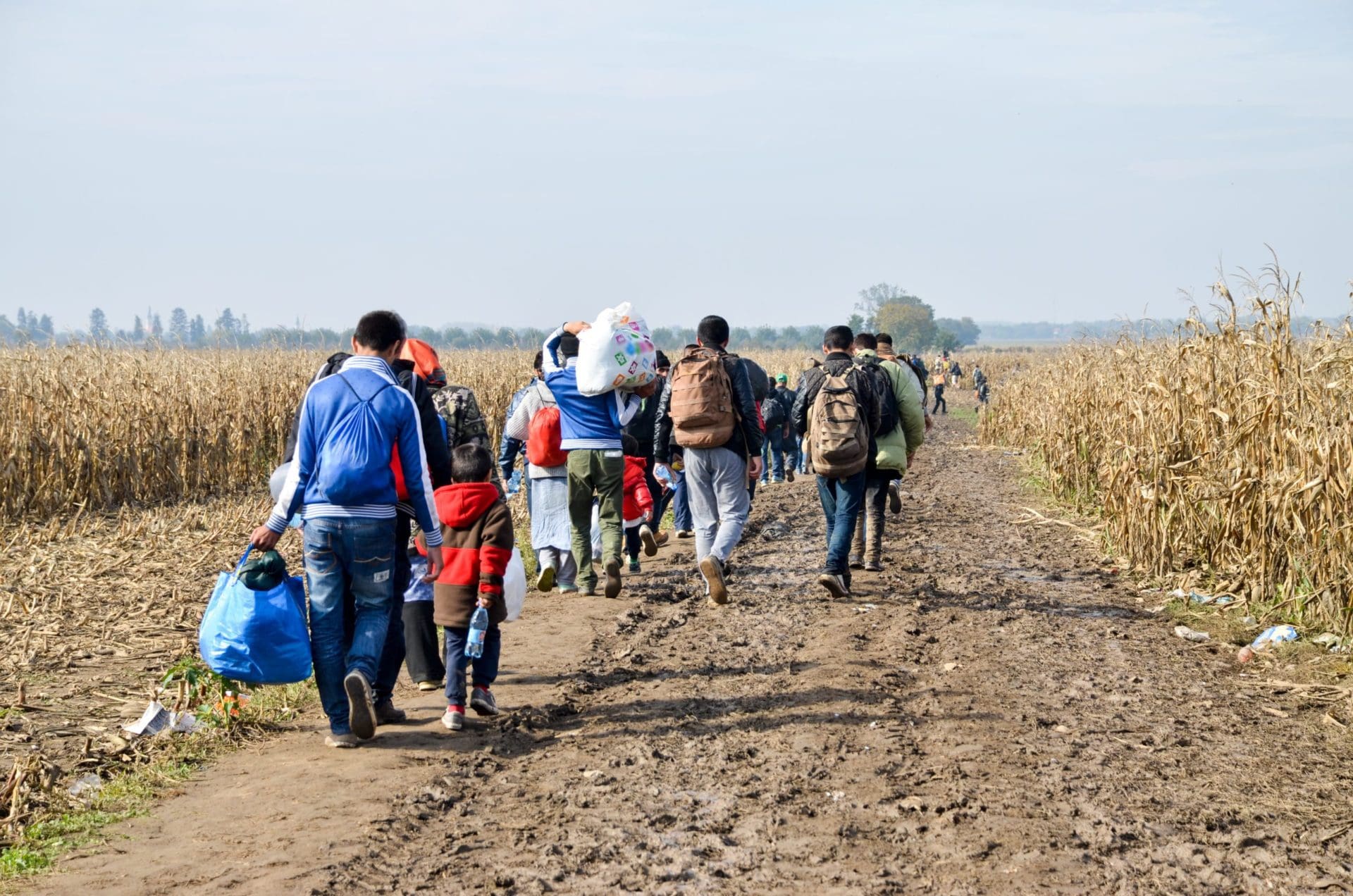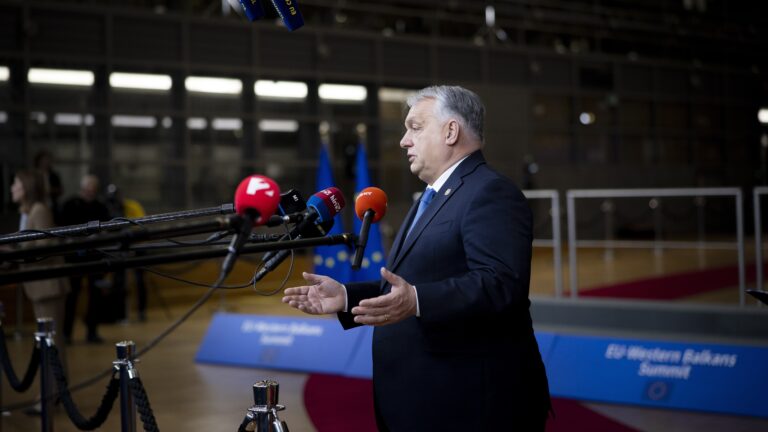Migration has again become a central topic in recent days, as EU ministers agreed on Thursday evening on how to share responsibility for caring for refugees. After lengthy negotiations and wrangling, Italy and Greece signed an agreement that the EU has not been able to conclude for nearly a decade. For now, the agreement seems to strike a balance between two large camps: border countries, which want more help in dealing with asylum seekers, and central countries, which argue that too many migrants are arriving and moving without authorisation within the EU.
It is important to point out at the outset that according to the Hungarian and Polish positions, the procedure related to migration is illegitimate,
as the decision, given its weight, should be made by the European Council, consisting of presidents and prime ministers. The reason why the decision was forwarded to ministers is very easy to ascertain: while unanimity is required in the European Council, in the Council of Minister proposals are not adopted by full unanimity, but by majority vote.
There are huge rifts between EU countries on the issue of migration, which became one of the most important political issues after 2015. Southern countries, including Italy and Greece, have long demanded more help in dealing with the situation of the masses arriving on their shores, but richer countries have also been deeply divided, as these countries are the last destination for immigrants and thus face a huge burden of mass immigration. However, there are also countries that oppose mandatory migrant quotas as a matter of principle, including the Eastern countries of the EU, such as Poland and Hungary, that do not support such a settlement of the issue of migration, but rather follow the philosophy that
help should be taken to the place where the problem exists, and that refugees should be accepted in the first safe country they arrive in
in accordance with the rules of international law.
In addition, let us not forget that this practice seems rather perverse from countries that support the reception of refugees and advocate for uncontrolled migration under the slogan Willkommenskultur. When the problem appears, they proclaim that all immigrants should be welcome, as Angela Merkel did with her famous saying ‘wir schaffen das’, meaning we can handle this, but then they would also transfer the burden of migration to countries that had warned other Member States in advance of the possible consequences of such practices.
Under the agreement, which was finally reached and will be finalised before the 2024 EU elections, each country would be responsible for a certain number of people,
but would not necessarily have to host them.
It is up to Member States to decide what individual contribution to make. The contribution can be relocation, financial contribution or alternative solidarity measure (whatever that means). The EU would aim to relocate at least 30,000 migrants a year, but countries would have the choice of taking in people or paying €20,000 for each migrant they don’t accept. The document, published on the EU website, states that member states are completely free to decide on the type of solidarity contribution they receive, stating that no member state will be obliged to carry out relocations.
Based on the above formulation, some have already suggested that there is actually no mandatory migrant quota, as states can decide for themselves how they show solidarity with other member states, so the claim to the contrary is just another Hungarian government talking point. Of course, it is possible that a Member State does not have to accept immigrants into the country in a physical sense, but in this case renitent countries must compensate for their recalcitrance with heavy sums of money or other material expenditures. Therefore,
if compulsory payments have to be made in order to meet EU requirements, it is no longer a matter of fact that the new system to be introduced is completely voluntary.
The agreement also includes measures to prevent abuses by asylum seekers and to avoid secondary movements, i.e. cases where a migrant moves from the country where he or she entered the EU to another Member State to seek protection or permanent resettlement. For example, the Regulation obliges asylum seekers to lodge an application in the country of first entry or legal stay. In order to deter secondary movements, the Regulation reduces the possibilities for loss of responsibility or transfer to another Member State, thereby reducing the applicant’s room for manoeuvre to choose with which Member State to lodge his or her application.
In addition, under the agreement, frontline countries would have to introduce stricter asylum procedures at the border for those they consider unlikely to be admitted. They would also have more leeway to return rejected applicants. Under the new agreement, migrants must be sent away within six months if their asylum claims are negative.
This mechanism would apply to anyone deemed dangerous, uncooperative or coming from countries with low recognition rates of asylum in the EU.
EU countries could also apply this fast-track procedure to people who are caught at sea or caught trying to enter a country illegally or applying for asylum at the border rather than in advance.
However, following this agreement, it is far from certain that the text will be adopted unchanged, as it will be submitted to the European Parliament and the European Commission, where the current draft may be amended before the final version is adopted.







